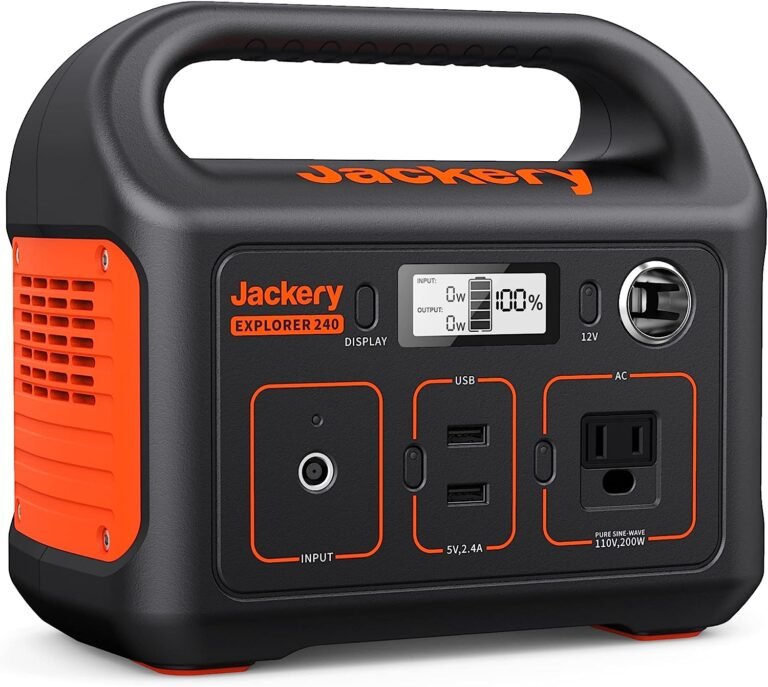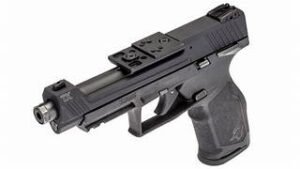Finding the best generators for power outages is essential in maintaining normalcy. They power crucial infrastructure like lighting, HVAC systems, refrigeration units for food and medicine, and enable the use of communication devices.

Generators as a Lifeline During Blackouts
- Safety: Generators keep vital safety equipment like emergency lighting and security systems running.
- Comfort: They regulate indoor temperatures, ensuring comfort for families.
- Business Continuity: Generators prevent financial losses for businesses by maintaining operations, especially for those dealing with perishable goods.
Types of Generators and Their Features
Portable Generators
Portable generators are easy to transport and ideal for temporary power needs. Key features include mobility (handles, wheels), safety mechanisms (circuit breakers, low-oil shutdown), and optional electric starts.
Fuel Options for Portable Generators
- Gasoline: Widely available and affordable, but requires regular maintenance due to its limited shelf life.
- Propane: Offers longer runtime and is more stable for storage.
- Diesel: Known for efficiency and longevity, though initially more expensive.
Standby Generators
Standby generators are permanent fixtures that automatically activate during power outages. They are more powerful, supporting entire buildings, and feature automatic transfer switches for seamless power transition.
Power Output Considerations
Calculating Wattage Requirements
Identify essential appliances and their wattage requirements. Consider both starting watts (initial surge) and running watts (continuous operation) to ensure you select a generator that meets your needs.
Fuel Options and Considerations
Gasoline-Powered Generators
Gasoline generators are common but require careful storage due to flammability and a short shelf life.
Propane-Powered Generators
Propane generators are cleaner and have an indefinite shelf life but may have a higher initial cost.
Generator Maintenance for Optimal Performance
Essential Maintenance Tasks
Regular oil changes, air filter maintenance, and spark plug inspections are crucial. Proper storage practices are essential to prevent damage during long periods of inactivity.
Safety Precautions with Generators
Ensuring Safe Operation
- Place generators outside to prevent carbon monoxide poisoning.
- Use heavy-duty extension cords; never connect directly to home wiring without a transfer switch.
- Follow fire safety guidelines, including proper fuel storage and handling.
Generator Accessories and Advanced Features
Transfer Switches and Start Options
- Transfer switches allow seamless power transition.
- Choose between electric and manual start based on convenience and budget.
Noise Reduction Technologies
Look for generators with built-in mufflers or soundproof enclosures to minimize noise, which is especially important in residential areas.
The Advantages of Inverter Generators
Inverter Technology Explained
Inverter generators provide stable power for sensitive electronics and are fuel-efficient, quieter, and more portable than traditional models.
Conclusion: Embracing Modern Generator Technology
Inverter generators offer a blend of reliability, efficiency, and convenience, making them an excellent choice for both recreational use and as a backup power source.



